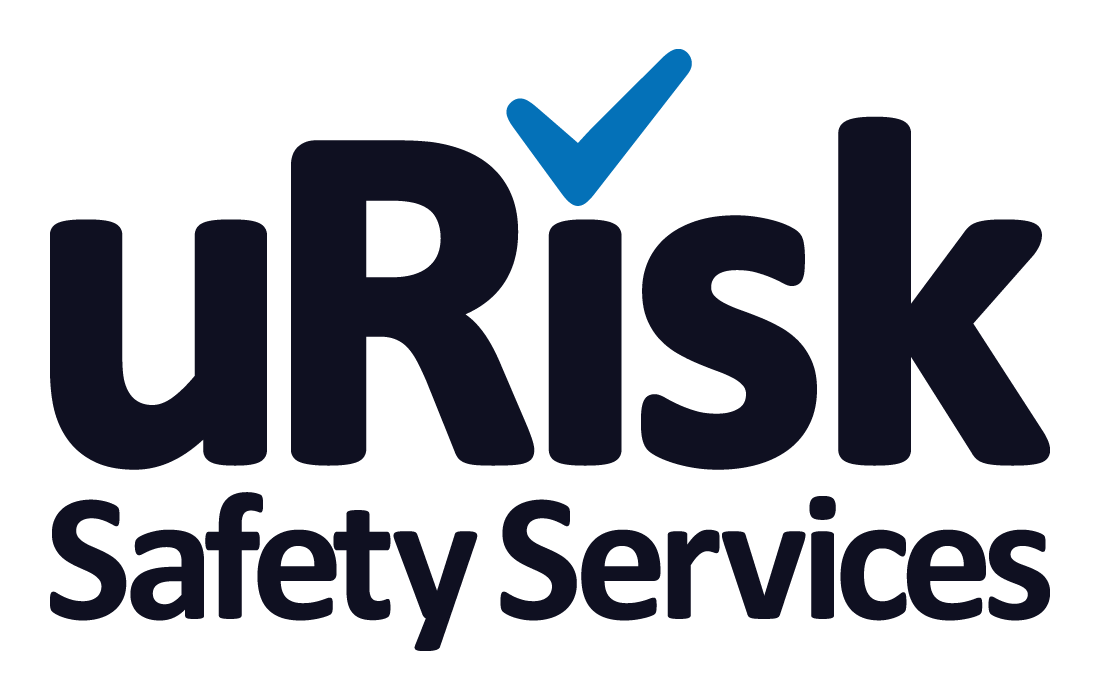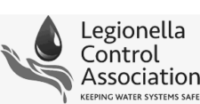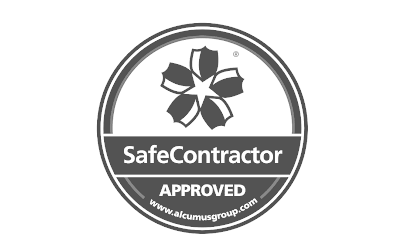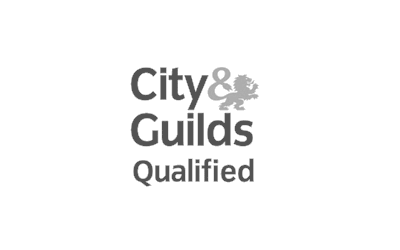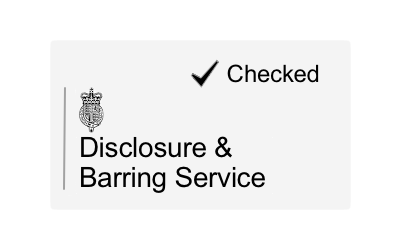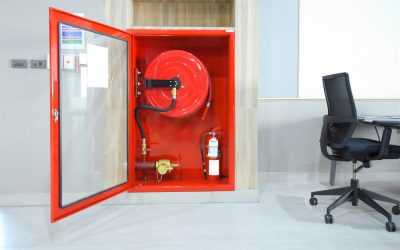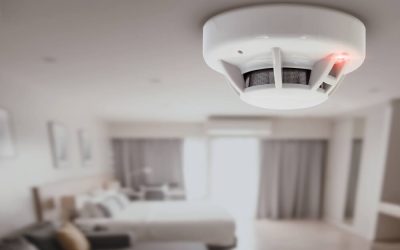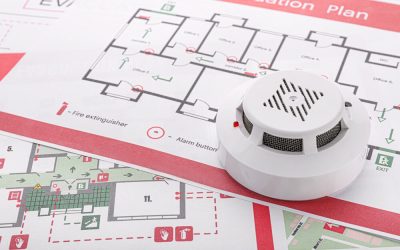Legionella written scheme of control – and what to include.
In a nutshell, a written scheme of control is a comprehensive risk management document identifying measures taken to control your water systems and reduce the risk of exposure to legionella bacteria. It is also used as a record of any and all actions taken to implement them. If, after a Legionella risk assessment, there is a foreseeable possibility of exposure to legionella, you must implement a written scheme documenting control of the risk. The document needs to be accessible to all stakeholders involved in the risk assessment and control process.
What information should your written scheme of control include?
The Health & Safety Executive’s advice is to have a written control scheme that will help you manage risks. Effective control measures need to include: a schematic diagram of your water system; confirmation of who is responsible for all the elements of risk management; what the correct operation of your system is; the precautionary measures you are taking, including chemical treatments, inspections for visible damage or signs of contamination, as well as details of the checks that need to be carried out and the frequency they will be done.
If you have five or more employees, you must keep written records of steps you have taken to assess and manage the risks, including the personnel responsible for each assessment, any significant findings, and actions taken as a result. It is a legal requirement to keep your written scheme of control for at least two years, and the results of testing and inspections for five years.
For companies with fewer than five employees, it is not mandatory to keep a written record of control, but it is advisable.
Format
Your written scheme of control can be a paper log book, online documentation or even via an app. The main thing is to make sure that it is easily accessible to anyone who needs to use them. To find out more about your Legionella responsibilities or to get expert help & advice for your premises then get in touch with our friendly team today!
Legionella and Water Hygiene Blog Posts
Office Fire Risk Assessment
As you would expect, keeping your office safe from the risk of fire is a legal requirement under the Regulatory Reform (Fire Safety) Order 2005. If you are the owner or manager of a business, or landlord of an office building, it is your responsibility to ensure your...
Fire Risk Assessment For Flats
Your legal requirements as a landlord include taking precautions to keep your tenants safe, including when it comes to the risk of fire in flats. As part of the fire safety regulations, fire risk assessments for flats is therefore part of your legal obligation to...
Getting A Risk Assessment For Fire in the UK
As an employer, landlord or facilities manager, it is your legal responsibility to keep everyone who uses your premises safe. A fire risk assessment is an important part of this because it identifies what might cause a fire so you can take steps to prevent one, as...
